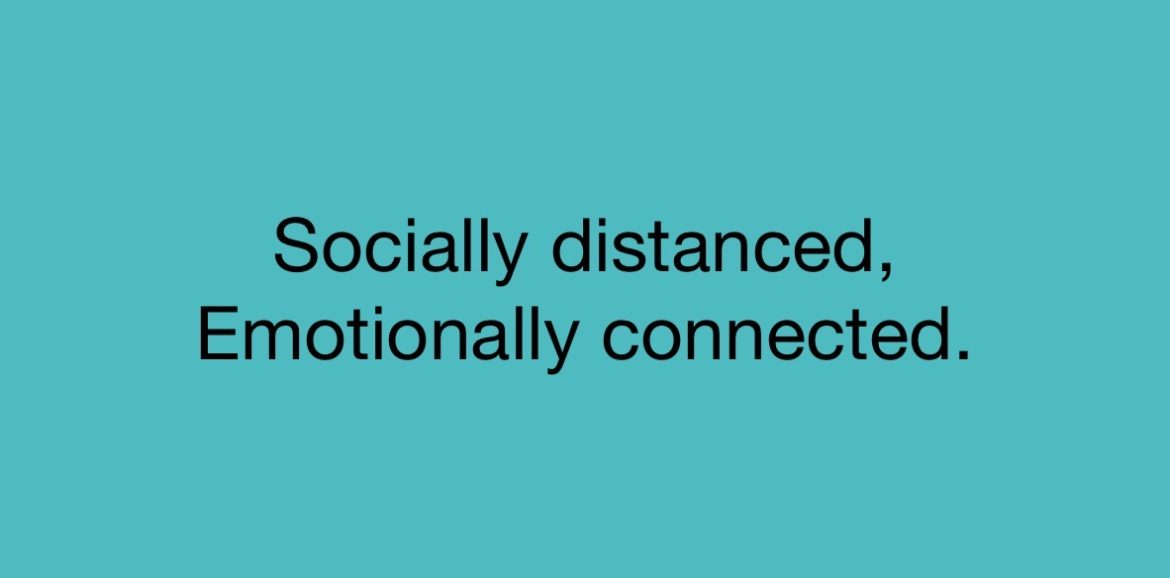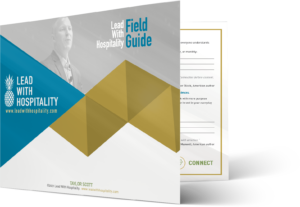Social Distance, Emotional Connections, and the Human Race.
Though we’re socially distanced, we can still be emotionally connected.
The term “social distancing” was first introduced as part of our strategy to slow the spread of COVID-19. For nearly three months, we’ve had to relearn how to exist, coexist, and communicate with each other with this “distance” between us.
Many turned to apps like Facetime, Zoom, Google Meet, Skype, and other virtual video applications. We learned we could still hangout, communicate, keep in touch with, and even grow closer to one another in spite of the “social” and physical distancing.
Whether it’s been regularly scheduled, professional Zoom calls, impromptu virtual Facetimes with family, or personal Zoom happy hours with friends, we’ve proven to ourselves that we can still connect with each other no matter how “distanced” we are from one another.
All we had to do was choose to connect.
Then, the unfortunate and senseless murder of George Floyd happened.
We’re now seeing just how socially distanced “we the people” have been for centuries.
Many of us have recently watched Just Mercy, staring Jamie Foxx and Michael B. Jordan, currently available for no additional charge on Amazon Prime Video (It’s the story of how a young African American lawyer, Bryan Stevenson, represented a wrongfully accused African American man, Walter McMillian, in a fight for justice.)
In an effort to become further educated, perhaps you’ve also watched Netflix’s 13th, a documentary on the criminalization of African Americans and what is referred to as the “prison boom”, in the United States.
We’ve all seen the unity and inclusivity in peaceful protests and demonstrations all across our country. We see people of all colors, shapes, sizes, ethnicities, and age groups marching and demonstrating together to bring about change for a more perfect union and American experience which truly works for all the people; not just some of the people.
We participated in “Blackout Tuesday” a week ago, as we paused to take an honest, open, and vulnerable look into what each of us may have missed before, and what we can do differently going forward to bring about lasting change and racial equality in this country.
“Social distance” between people of color and white people has existed and still exists by way of inequality in healthcare, career opportunities, housing, criminal injustice, and both conscious and unconscious biases passed down for decades; and in many cases, centuries.
But wait. We just learned how to exist and coexist despite social distancing.
Remember when we started calling each other, Zoom-ing each other, Face-timing each other, and engaging in old fashioned conversations with each other during despite being asked to socially and physically distance ourselves from each other?
We chose to connect then and we can choose to connect today and tomorrow; and again, the next day, and then the next.
That’s the magic of what is possible going forward.
If and when WE – we the people – decide to be friends with and truly connect with others regardless of skin color, ethnicity, where they’re from, how they talk, who they love, or what they’ve accomplished, here’s what happens:
- We seek to understand each other
- We learn from each other
- We have fun with each other
- We coexist with each other
- We encourage each other
- We champion each other
- We LOVE each other
We truly become a “we”. We become one race, the human race.
Despite a million differences, one thing we all have in common is that we’re all human beings. We all experience all the feels and all the emotions, and we’re all capable of giving all the feels and creating those emotions in others.
Therefore, we can, and we will become emotionally connected such that we all become inspired and compelled to love people, be with people, and champion people of all shapes, sizes, and colors.
All we have to do is choose to connect.
That connecting thread which has always transformed “distanced” views into emotional connections, bringing people together, is empathy.
Socially distanced. Yet, emotionally connected, with empathy.
Empathy doesn’t mean “caring”. But we do have to care to have empathy.
Empathy is the ability to understand and feel what other people feel. It’s about taking the steps to do the work and engage in meaningful conversation. We have to be more interested in other people’s experiences, feelings, and situations than we are interested in how we look, sound, and appear, ourselves.
It’s our experiences in life which shape who we become.
The unfortunate reality is that the American experience is different for people of color than it is for white people. Life, liberty, and the pursuit of happiness were supposed to be the unalienable rights for all of us, not just some of us.
“We the people” means all the people.
The greatest part about this country is the experience of freedom. The greatest opportunity ahead of us right now is how we the people create our experience for each other going forward.
Andy Stanley, lead pastor at Northpoint Church in Atlanta, shared a powerful 33-minute online message this past Sunday. His challenge to everyone, especially to white people, was the following:
How do people who don’t look like you, experience you?
The only thing more impactful than acceptance, empathy, service to one another, genuine kindness, encouragement, and inspiration in our culture is simply a body of people giving all of the above to everyone in our culture, with no regard for the color of their skin.
We may always have social distance, but we can become emotionally connected, with empathy and love for all the people.
And when we do that, “we the people” becomes one race.
The human race.






